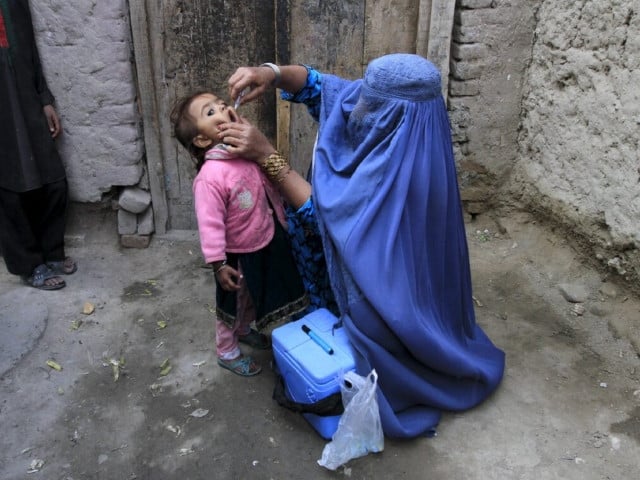The Taliban has suspended polio vaccination campaigns in Afghanistan, a significant setback for global efforts to eradicate the disease.
The suspension, announced by the UN on Monday, comes just before the September immunisation campaign was set to begin.
No explanation for the suspension has been provided, and representatives from the Taliban-controlled government have yet to comment.
Afghanistan, along with Pakistan, remains one of only two countries where polio has not been fully eradicated.The disease is highly infectious and can lead to permanent paralysis or death, making the suspension of vaccination efforts particularly alarming.
Dr. Hamid Jafari from the World Health Organization (WHO) confirmed that discussions were underway to explore alternative vaccination methods, such as administering vaccines in mosques rather than through door-to-door campaigns.
The WHO has reported 18 confirmed polio cases in Afghanistan this year, up from six cases in 2023. Most cases have been concentrated in the southern regions of the country.
The halt in vaccination efforts comes amidst ongoing challenges in the region.
In Pakistan, polio vaccination campaigns are frequently disrupted by violence, with militants attacking vaccination teams and security personnel.
Similar issues in Afghanistan could have broader implications for polio eradication efforts in both countries, as the movement of people between Afghanistan and Pakistan complicates efforts to control the disease.
Earlier this year, Afghanistan had briefly revived house-to-house vaccinations, a strategy that had been effective in reaching a large portion of targeted children.
However, areas like Kandahar, where site-to-site or mosque-to-mosque campaigns are used, have struggled with higher numbers of susceptible children due to less effective vaccination methods.
The suspension of the campaign is a major blow to the Global Polio Eradication Initiative, which relies on continuous and synchronised vaccination efforts.
The initiative, which costs approximately $1 billion annually, has faced numerous obstacles, including technical errors and issues with the oral vaccine, which has been linked to outbreaks in various regions.
In Gaza, a recent case of polio was linked to a mutated strain of the virus from the oral vaccine, highlighting the ongoing challenges in controlling polio globally.
The situation underscores the urgent need for a unified and coordinated approach to vaccination and disease eradication efforts.







